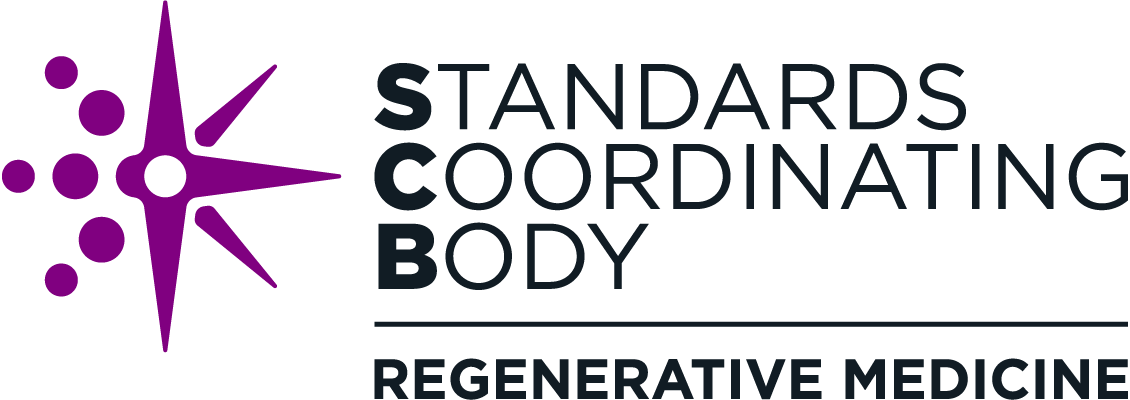ISO: Standards Development Process
The International Organization for Standardization (ISO) is an independent, non-governmental international organization with a membership of 162 national standards bodies. Through its members, it brings together experts to share knowledge and develop voluntary, consensus-based, market-relevant international standards that support innovation and provide solutions to global challenges.
ISO Technical Committees
ISO carries out its standards development work through more than 700 technical committees and subcommittees. Each technical committee is dedicated to a particular technology area and meets several times per year at locations around the world to discuss and vote on standards in development.
ISO Technical Committee 276 on Biotechnology (ISO/TC 276)
Develops standards relevant to regenerative medicine in the areas of:
Analytical methods
Biobanks and bioresources
Bioprocessing
Data processing
Terms and definitions
ISO/TC 150/Subcommittee 7 on Tissue-Engineered Medical Products
Develops standards for the tissue engineering sector. Select standards efforts from other ISO technical committees—including ISO/TC 194 on Biological and Clinical Evaluation of Medical Devices—are also relevant to regenerative medicine but are not all exclusive to the field.
Standards Development Process
ISO has six standards development stages:
Proposal (New Work Item Proposal [NWIP]): The relevant technical committee evaluates proposed standards submitted by individuals or organizations. Upon approval, a work item is assigned to one of four development tracks corresponding to its target publication date (18, 24, 36, or 48 months).
Preparatory (Working Draft [WD]): The technical committee sets up a working group to complete the draft. After several rounds of internal review and revision by the working group, the parent committee determines whether the draft should advance to the Committee Stage or skip to the Enquiry Stage.
(Optional) Committee (Committee Draft [CD]): The draft undergoes successive rounds of review and comment by the parent committee until it arrives at a consensus.
Enquiry (Draft International Standard [DIS]): ISO national members review the draft, and then request technical revisions or conduct a final vote.
(As Needed) Approval (Final Draft International Standard [FDIS]): If technical changes were requested at the Enquiry Stage, the draft will be revised and undergo a final round of voting.
Publication: The draft becomes a formal ISO standard.
How YouR Organization Can Participate in ISO Standards Development
Joining a technical committee or subcommittee offers the opportunity to make your perspective heard and have direct input into developing standards. Technical committees formulate consensus positions with respect to draft ISO documents and are also able to propose new standards work at ISO.
U.S. Stakeholders: U.S. stakeholders in the broad regenerative medicine community can contribute to these standards development efforts by contacting the American National Standards Institute (ANSI)-accredited U.S. Technical Advisory Group (TAG) to the ISO technical committee or subcommittee in which you are interested.
International Stakeholders: If you are not a U.S. stakeholder, please contact your national ISO member about joining an ISO technical committee at the organization level.
Learn More
Learn more about how SCB works with SDOs
